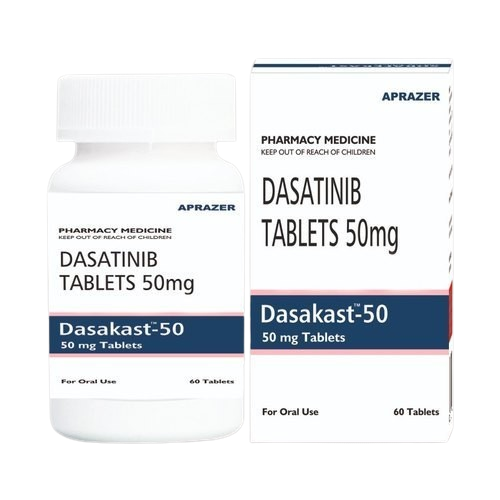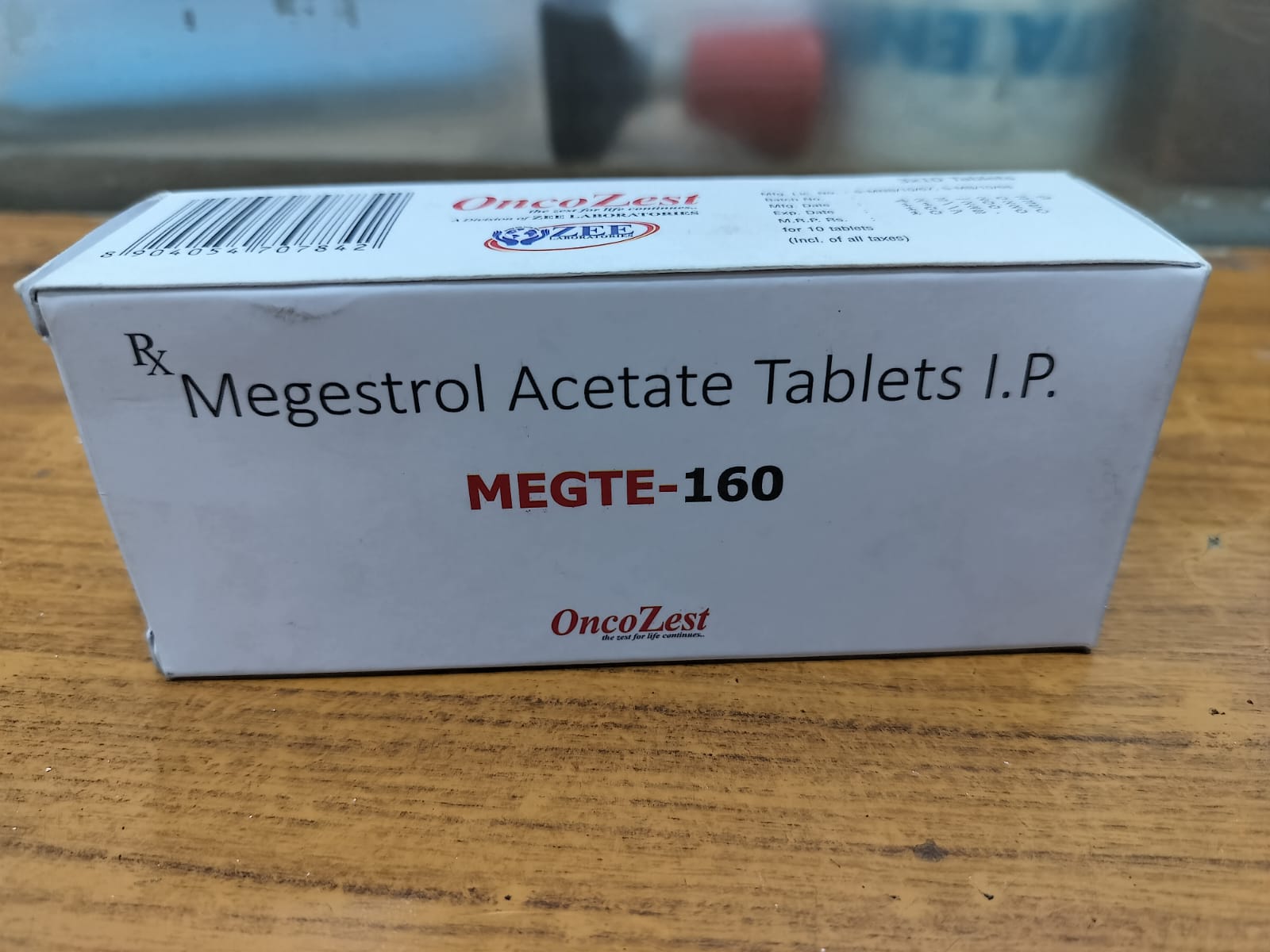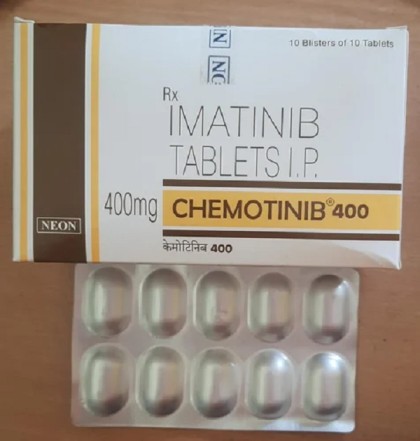Product Intro:
Dasakast is an anti-cancer drug from the class of tyrosine kinase inhibitors. It is designed to target and block BCR-ABL fusion protein and other kinases that promote the growth of cancerous white blood cells in CML and Ph+ ALL patients. It is available in oral tablet form for convenient at-home use.
Uses (Indications):
Dasakast is used to treat the following conditions:
-
Chronic Myeloid Leukemia (CML) – in chronic, accelerated, or blast phase, especially for patients resistant or intolerant to imatinib.
-
Philadelphia Chromosome-Positive Acute Lymphoblastic Leukemia (Ph+ ALL) – both in newly diagnosed and relapsed/refractory cases.
-
CML in children (pediatric use) – where appropriate and approved.
-
Patients post bone marrow transplant with residual disease – as maintenance therapy.
-
Off-label in certain solid tumors under clinical trials.
Storage Instructions:
- Store at 20°C to 25°C (room temperature), excursions permitted to 15°C–30°C.
- Keep in original container, away from moisture and heat.
- Keep out of reach of children.
How It Works (Mechanism of Action):
Dasatinib inhibits multiple tyrosine kinases, including BCR-ABL, SRC family kinases, c-KIT, and PDGFR. These enzymes are involved in the signaling pathways that promote cell growth and division. In CML and Ph+ ALL, the BCR-ABL fusion gene results in uncontrolled cell division. By blocking BCR-ABL, Dasatinib halts the growth and promotes the death of leukemic cells.
Side Effects:
Common Side Effects:
- Fatigue
- Headache
- Nausea
- Diarrhea
- Rash
- Muscle or joint pain
- Cough
Serious Side Effects:
- Myelosuppression – Low white cells, red cells, and platelets
- Fluid retention – Pleural effusion, pericardial effusion
- QT prolongation – Risk of heart rhythm disturbances
- Pulmonary arterial hypertension (PAH) – Rare but serious
- Bleeding events – Especially gastrointestinal or CNS bleeding
- Liver toxicity – Elevated liver enzymes
Dosage (Typical Recommended Dose):
- For Chronic Phase CML (adults):
-
100 mg orally once daily
- For Accelerated or Blast Phase CML and Ph+ ALL:
-
140 mg orally once daily
- Pediatric patients:
-
Based on body weight (0.6–1.0 mg/kg) – physician’s discretion
Note: Dose adjustments may be necessary in case of side effects or poor tolerance.
Method of Administration (How to Take It):
- Taken orally, with or without food.
- Swallow whole – do not crush, break, or chew the tablet.
- Take at the same time every day to maintain consistent blood levels.
- Drink a full glass of water when swallowing.
Precautions:
- Monitor complete blood counts (CBC) weekly during the first 2 months.
- Monitor for signs of fluid retention (e.g., shortness of breath, swelling).
- Use with extreme caution in patients with cardiac conditions (risk of QT prolongation).
- Avoid in pregnancy – Category D (risk to fetus); use effective contraception.
- Not recommended while breastfeeding.
- Regularly monitor liver function and electrolytes (potassium, magnesium).
Drug Interactions:
- Strong CYP3A4 inhibitors (e.g., ketoconazole, ritonavir): May increase Dasatinib levels
- Strong CYP3A4 inducers (e.g., rifampin, phenytoin): May reduce efficacy
- Antacids, H2 blockers, PPIs (e.g., omeprazole): Reduce absorption – avoid or separate by several hours
- QT-prolonging drugs (e.g., amiodarone, quinolones): Additive cardiac risk
- St. John’s Wort: Avoid – strong CYP3A4 inducer
Always inform your doctor about all medications, supplements, or herbal products you’re taking.
Allergies (Warnings for Allergic Reactions):
- Hypersensitivity reactions are rare but may include rash, fever, swelling, difficulty breathing, and anaphylaxis.
- Discontinue immediately and seek emergency care if allergic symptoms occur.
Overdose Information:
- Symptoms may include severe myelosuppression, nausea, vomiting, QT prolongation, or breathing difficulty.
- There is no specific antidote.
- Treatment is supportive – monitor cardiac, respiratory, and hematologic status in a medical setting.
Missed Dose Instructions:
- If a dose is missed, do not double up.
- Skip the missed dose and take the next dose at the regular scheduled time.
- Contact your doctor if multiple doses are missed.
Additional Notes:
- Periodic ECG monitoring may be required to check for QT prolongation.
- Patients should stay well hydrated unless otherwise advised.
- Avoid grapefruit juice – it may increase blood levels of Dasatinib.
- Report immediately any symptoms like shortness of breath, chest pain, easy bruising, or bleeding.
- Long-term adherence is crucial – stopping therapy prematurely can cause disease relapse.




